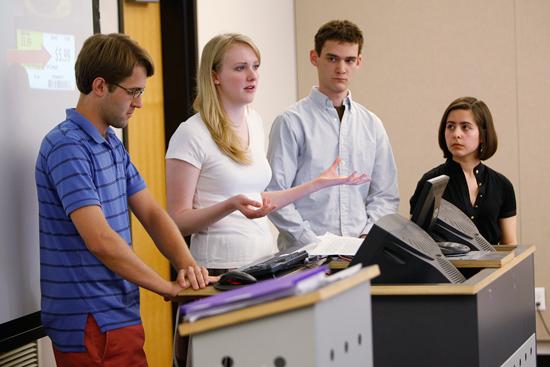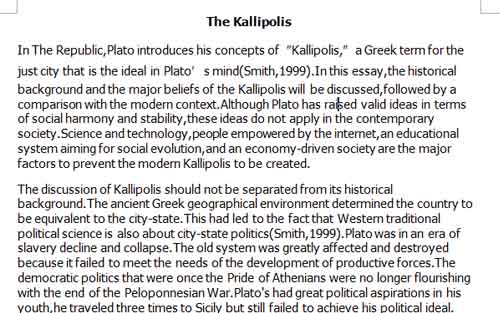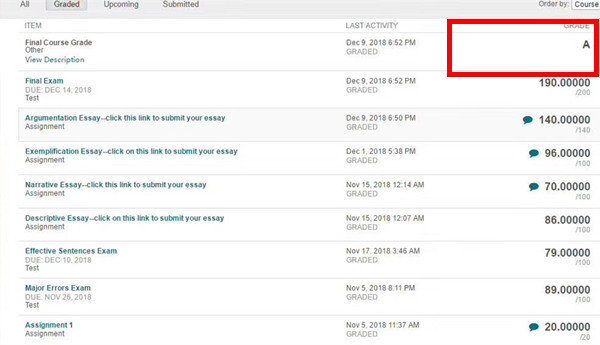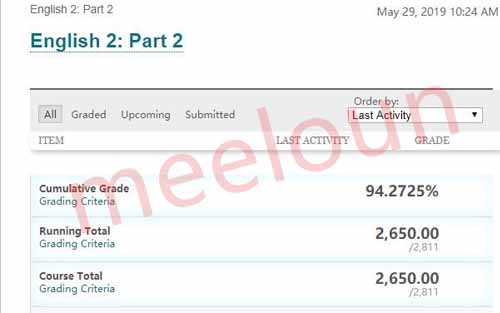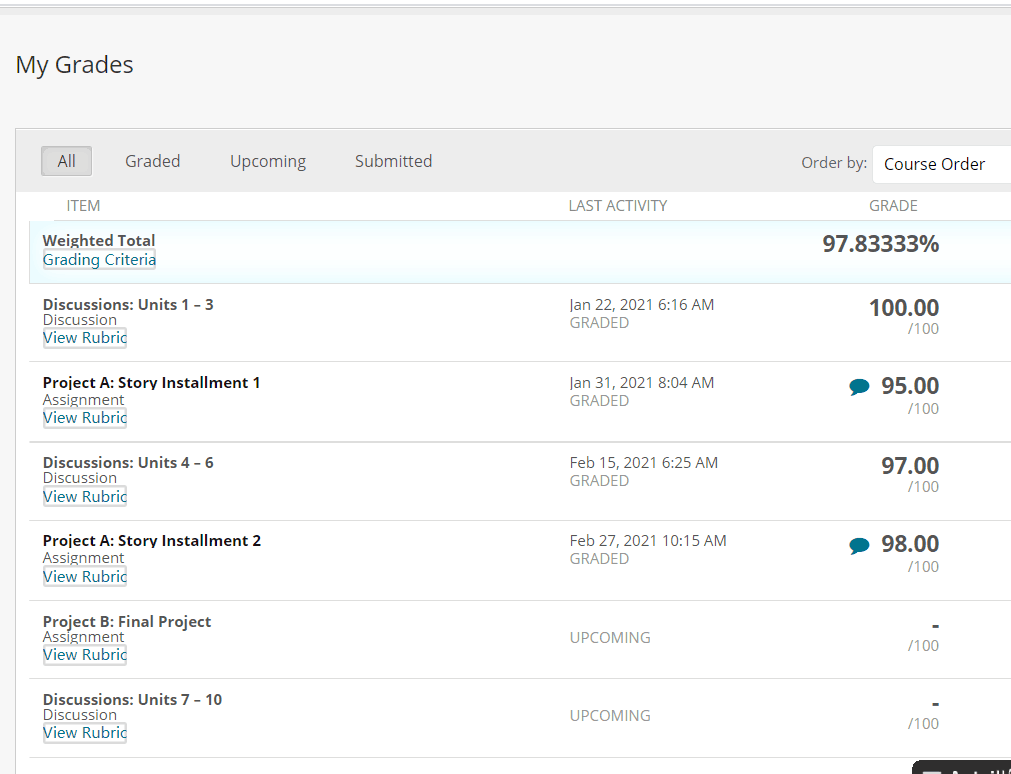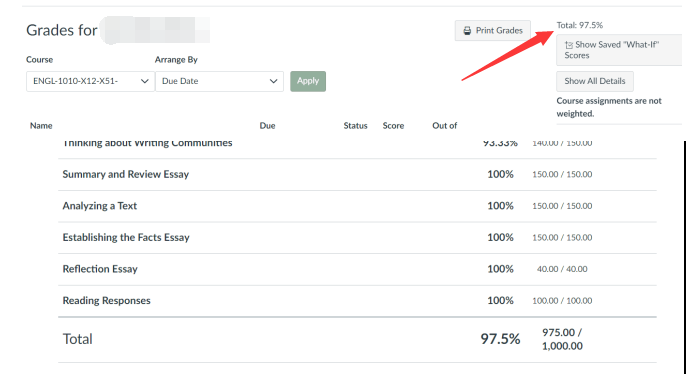本文是一篇Reflective Essay代写范文分析,这篇文章主要主要反思了为什么不能把这些废弃的食物分发给那些在外面等着的急需食物的人。在全球范围内,人类的饥饿和饥饿是由环境退化、人口快速增长、技术问题和当前经济模式造成的粮食短缺造成的。
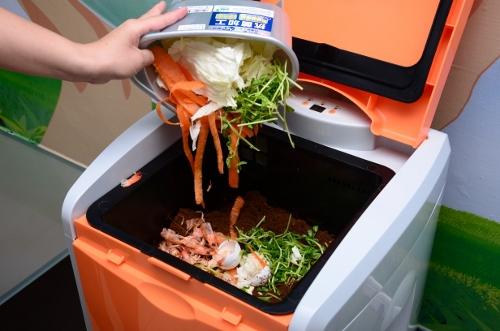
As a part time employee in a grocery store during my early high school days, I witnessed on a regular basis that at the end of each day a large quantity of baked goods and perishable food items which had reached their shelf life were carted to the garbage compactor. At the same time at the store’s front entrance there were a couple of aged and homeless people begging for alms in order to buy their daily meal. I wondered at the time as to why the discarded food could not instead be distributed to those in dire need of it waiting just outside. As I continued with my studies in university I realized that the same scenario was and is still being played out on a global scale where food does not reach the people who need it the most; but for different reasons. While in the case of the hungry outside the grocery store, the action may have been necessary to prevent pandemonium and inconvenience for the staff. However globally, human hunger and starvation is caused by food shortages resulting from environmental degradation, rapid population growth, questionable technology and current economic models.
在我高中早期的时候,作为一个杂货店的兼职员工,我经常看到每天结束时,大量的烘焙食品和已经达到保质期的易腐食品被运到垃圾压实机里。与此同时,在商店的前门,有几位年老无家可归的人在乞讨救济,以购买他们的日常膳食。我当时想知道,为什么不能把这些废弃的食物分发给那些在外面等着的急需食物的人。当我继续我在大学的学习时,我意识到同样的情景过去和现在都在全球范围内上演,那里的食物并没有惠及最需要食物的人;但原因不同。而对于在杂货店外面挨饿的人来说,这项行动可能是必要的,以防止混乱和给工作人员带来不便。然而,在全球范围内,人类的饥饿和饥饿是由环境退化、人口快速增长、技术问题和当前经济模式造成的粮食短缺造成的。
Through the Holy Bible, the basis of my faith, I know that God has given all human beings dominion over the earth and all its creatures but for our own selfish purpose we tend to interpret the facility granted to us as permission to unbridled mastery over nature. We ought to remember that being given dominion over the earth merely makes us custodians of His creation. Gerald Barney, a scientist aptly stated that, “for the first time in the history of Creation, the life support systems of the planet earth are being destroyed by human activities. Throughout history humans have caused locally significant damage to the environment, but never before have human numbers and actions combined to threaten the integrity of the entire planet.[1]” In light of this shocking reality there is an ever increasing need for the implementation of a just and sustainable global food system to prevent humanity from crises, for hunger and malnutrition are responsible for more deaths today than any known disease. Each and every human being must be responsible participants in the reduction of global climate change which has caused major environmental disasters. Floods and droughts are known to be the main causes of worldwide food shortages and famines.
通过我信仰的基础《圣经》,我知道上帝赋予了所有人对地球和地球上所有生物的统治权,但出于我们自己的自私目的,我们倾向于将授予我们的便利解释为允许我们对自然的肆无忌惮的掌控。我们应该记住,被赋予对地球的统治权,只会使我们成为他的造物的守护者。科学家杰拉尔德·巴尼(Gerald Barney)恰如其分地指出,“在创造史上,地球上的生命维持系统第一次被人类活动摧毁。纵观历史,人类对当地环境造成了重大破坏,但人类的数量和行动从来没有一起威胁到整个地球的完整。[1]“鉴于这一令人震惊的现实,越来越需要实施一个公正和可持续的全球粮食系统,以防止人类陷入危机,因为饥饿和营养不良是造成今天死亡人数超过任何已知的疾病。每一个人都必须成为减少造成重大环境灾害的全球气候变化的负责任的参与者。众所周知,洪水和干旱是造成世界粮食短缺和饥荒的主要原因。
Since my childhood I was always taught not to waste food and not to eat as if there was no tomorrow. I realize the wisdom in that teaching as there is not only an environmental cost of getting food on the table but it also leaves a detrimental footprint on nature in the form of global warming, pollution, destruction of the eco system, degradation of arable land and fresh water supply. Unlike the aboriginal peoples of our land who treated the earth and nature as sacred using it strictly for basic living needs, “in our society as a whole we conceive of the land in terms of ownership and use. It is a lifeless medium of exchange.[2]” How do we cultivate a way of life that does not violate the integrity of creation? Will we use the knowledge, be ready to use every effort and continue in our perseverance to prevent further damage to the environment and replenish the arable lands that now lie wasted? The answer is in the hands of each and every human being. Just as each member of a family is responsible for the maintenance and protection of their home, we as a global family must adopt the same attitude caring for our planetary home, we call Earth.
While environmental degradation may be the indirect result of our actions, we humans are directly in control of the size of our families and the global population at large, however controversial the methods employed may be. Can the rate of the world’s staple crop production keep feeding the hungry on this earth? Both my parents came from large families in India and with the modest incomes both sets of grandparents earned; they were able to nourish their children. Basic fruits and vegetables were home grown and staple grain was locally produced or easily available. Hunger and malnutrition, I was told was minimal in those times. Presently, in the land of my ancestors, having large families is still considered a blessing from God in spite of widespread poverty, malnutrition and hunger; a human crises that is rising exponentially. “They were fruitful and prolific; they multiplied and grew exceedingly strong, so the land was filled with them.[3]” The land is said to be full when the food supply is inadequate and the environment is deteriorating. It is also known that “a full environment is a dynamic concept depending on the application of human wisdom and knowledge.[4]” The same Creator who declares children are a reward is also displeased when overpopulation causes destruction of His handiwork. Do we have the wisdom and the knowledge to offer proper advice for human reproduction? If so, will we be able to ensure the present global population and guarantee future generations an abundance of what creation has to offer? If we fail to find positive answers to the issue of overpopulation, the global food shortage will create chaos in poor nations further causing these ‘failed states’ to export diseases and refugees. The earth does not contain resources to feed the hungry indefinitely for this will cause global grain shortage which in turn would raise prices and put food out of reach of even more people.
In our quest for the growing demand of food worldwide, we must do all within our power to make agriculture as productive as possible. As a student of commerce and economics I am aware that less land is required for farming if production is maximized per acre leaving more land to be left in its wild and natural state. Biotechnology through genetic engineering of seeds has been a boom to agriculture by increasing the yield of crops, using less water and pesticides, creating less stress on our fragile land and producing grain of a higher nutritional value. However the use of biotechnology is a sharply divided issue because it also gives humans the right to claim a patent on life form which is an ethical concern. Are we trying to ‘play God’? Needless to say “the very success of natural science has bred an attitude which has allowed for the exploitation and domination of the natural world in complete disregard to the social and ecological consequences.[5]” Firms try to maximize profits where the marginal cost of production equals the marginal benefit derived from the produce. However, this current economic model, in my opinion, is flawed as it does not include the implicit cost of environmental degradation caused through the use of pesticides or improper crop rotation that is incurred in the production of food. Essentially, companies in the food & biotech industry only seem to care about maximizing their profits regardless of how it affects the environment or humans that depend on food for survival. It is very disturbing to hear that food & biotech companies purchase some of the crops from third world countries in order to genetically modify the seed only to sell it back at prices that are at a very high premium.A biotech company in the U.S. bought coffee beans from Brazil in order to genetically modify them so that they would be more weather-resistant to climate changes in Brazil that threatened future crops. However, when it came time to selling these genetically modified beans back to Brazil, this same biotech firm marked up the price to the extent that Brazil was unable to afford it. Developing countries should not be subjected to this unethical practice carried out by such firms. Therefore, in my opinion, in order to build a sustainable future for people, a new ‘earth’ economic model needs to be developed, one that aligns the economy with ethics and the environment.
Get Help With Your Essay
If you need assistance with writing your essay, our professional essay writing service is here to help!
Will future life and production be controlled through biotechnology and selfish economic considerations? To counter any advancement that technology has made to benefit human food security, staple grains are now being grown to produce bio-fuels. According to the teachings of my faith, “do not, for the sake of food, destroy the work of God. Everything is indeed clean, but it is wrong for you to make others fall by what you eat.[6]” It would prick my conscience to realize that in order to drive my car across Canada it would require an acre of corn if not more; grain that could have been used to feed so many hungry and malnourished people in this world. The need for the development of alternate fuels is no doubt an urgent issue but it should not be at the cost of seeing our very own species placed in dire straits; an ethical irresponsibility.
The last third of the twentieth century witnessed an unprecedented shift in the Human-Earth relationship; the Third Mediation as Thomas Berry termed it. Human impact now threatens Earth’s capacity to regenerate life as we know it and love it. Despite our basic dependence for survival on this planet, we continue to damage it through environmental degradation, overpopulation, massive use of technology and economic greed. If we are to achieve a globally just and sustainable food system, we have to learn to live in a way that does not outstrip nature’s capacity to regenerate itself on its own time cycles and terms………….
Further we should avoid forcing changes in natural systems themselves, changes that are at times even difficult for adaptable species to accept.
Endnotes
Rasmussen, Larry. “Toward an Earth Charter.” Religion Online. The Christian Century Foundation, 23 Oct. 1991. Web. 14 May 2010. .
N. Scott Momaday, “A First American Views His Land,” National Geographic Magazine (July 1976), 18.
Meeks, Wayne A. “Exodus.” HarperCollins Study Bible: New Revised Standard Version (with the Apocryphal/Deuterocanonical Books). Student ed. SanFrancisco: HarperCollinsPublishers, 1994. 79. Print.
Fick, Gary W. “Ecology in the Bible.” Food, Farming, and Faith (S U N Y Series on Religion and the Environment). Albany, New York: State University Of New York Press, 2008. 37. Print.
Gorringe, Timothy. “Playing God.” Harvest: Food, Farming and the Churches. London: SPCK, 2006. 117. Print.
Meeks, Wayne A. “Romans.” HarperCollins Study Bible: New Revised Standard Version (with the Apocryphal/Deuterocanonical Books). Student ed. SanFrancisco: HarperCollinsPublishers, 1994. 2135. Print.



